Sound of Music, The (1965)
“When the Lord closes a door, somewhere He opens a window.”
|
Synopsis: |
|
Genres, Themes, Actors, and Directors:
Response to Peary’s Review: I’ll admit I find it somewhat difficult to assess the critical merits of TSOM, which was — along with The Wizard of Oz (1939) — one of two “must-see” movies I happily rewatched on television each year when it aired. Viewing it again recently as an adult, I noticed myself instantly humming “the familiar Rodgers and Hammerstein songs”, which are indeed “cheery and childish and catchy”, and are for the most part, as Peary points out, “skillfully blended into the plot”. I also paid much more attention to the nuanced performance given by Eleanor Parker as Andrews’ romantic rival: younger viewers may tend to reduce her presence to simply that of a stuffy villainess who must be vanquished in order to allow Plummer’s love for Andrews to fully blossom, but in truth she injects her role with an impressive level of nuance and pathos. Parker’s Baroness is a woman who — though wealthy and used to a life of privilege — instantly recognizes that her social cache and glamour hold no weight in the face of a “greater”, truer love. Watch her expression in each and every scene she’s in, noting how seamlessly Parker conveys this character’s complex emotional arc. Meanwhile, it was fun as an adult FF to finally recognize fey character actor Richard Haydn as her (subtly-coded-as-gay) companion. Of all the lead performances, Plummer’s remains least satisfying, though he’s certainly adequate in his portrayal of a once-stiff man who melts in the presence of Maria’s irresistible charms. I think Plummer’s notorious reluctance to take on the role — and his infamous disregard for the film years after its release — continues to sully my overall impression of his Captain von Trapp. However, Charmian Carr as his eldest daughter Liesl — who remains beloved worldwide by fans of the film — does a convincing job portraying a conflicted teen-in-love, and the rest of the child cast is fine as well. Meanwhile, the use of authentic Austrian/German locales — including the iconic opening shots on verdant hillsides — helps to open up the play enormously; aided by cinematographer Ted McCord, director Robert Wise turns the entire affair into a wonderfully picturesque adventure. Redeeming Qualities and Moments:
Must See? Categories
(Listed in 1001 Movies You Must See Before You Die) Links: |
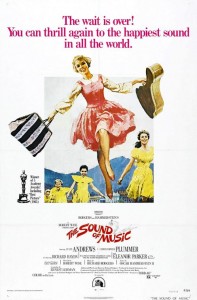
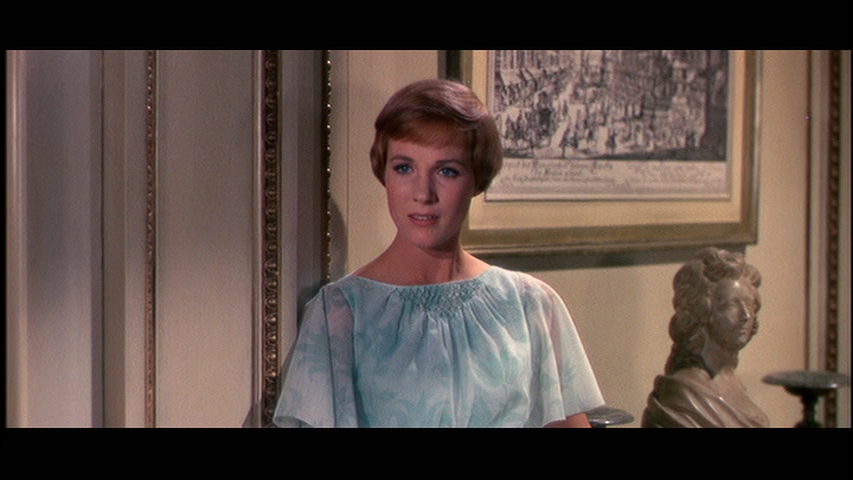
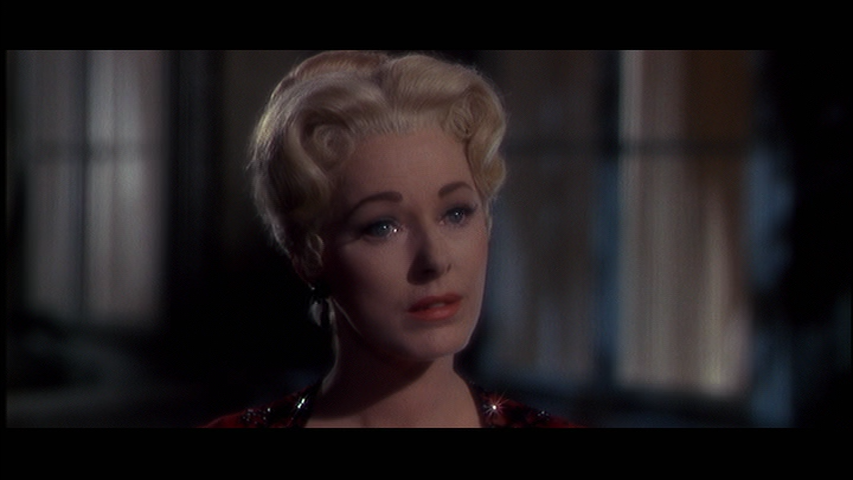
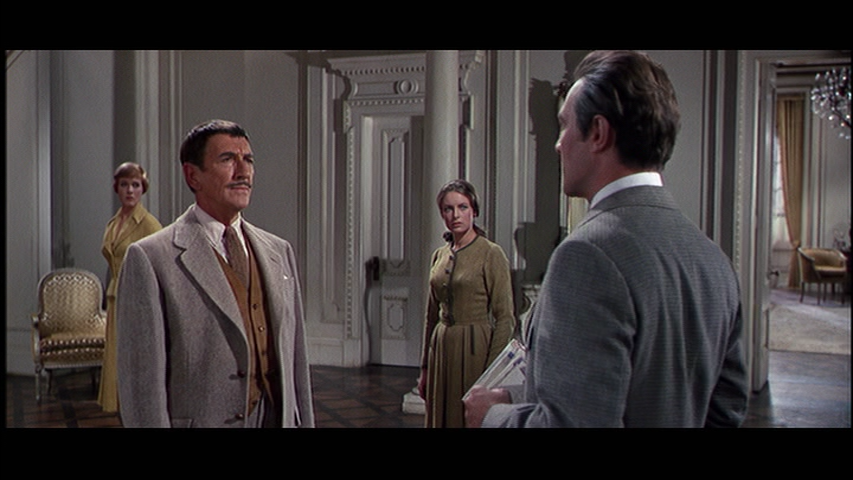
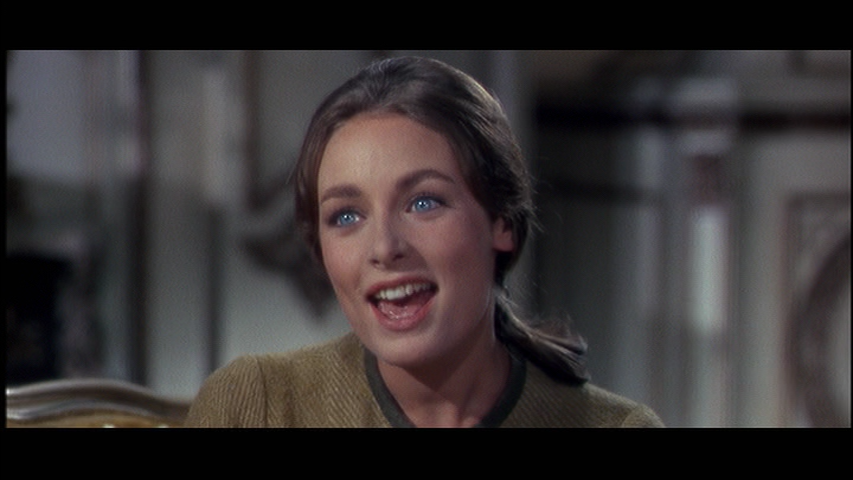


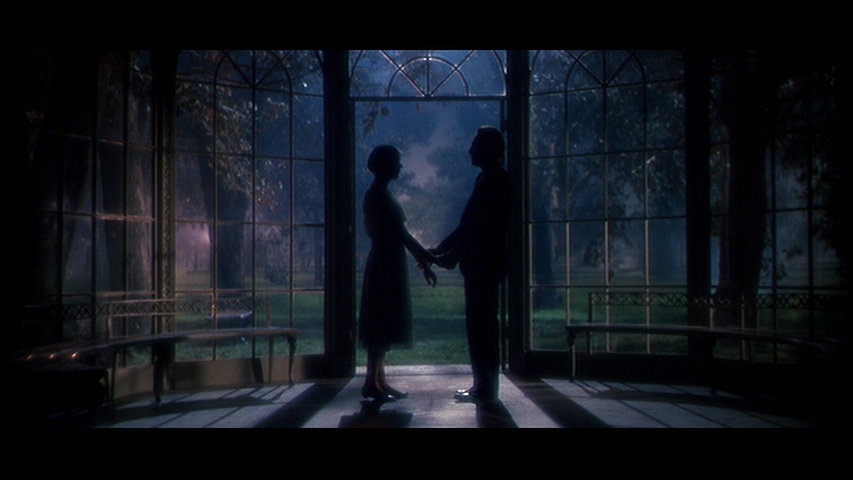
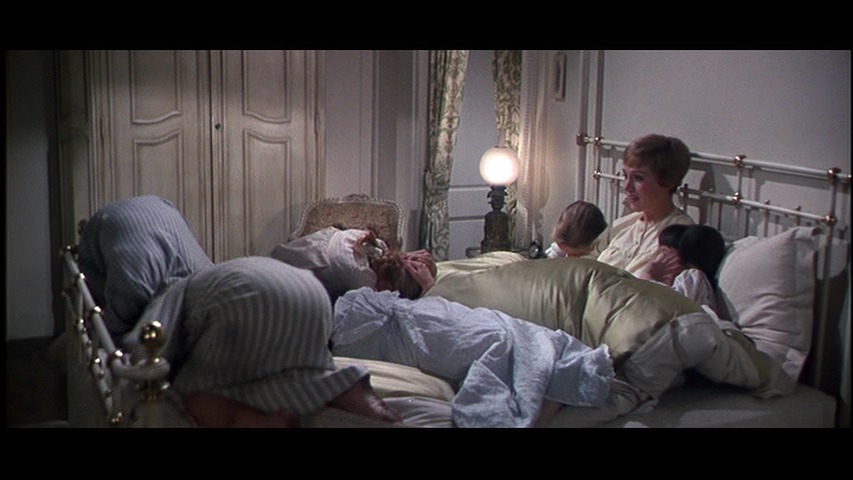

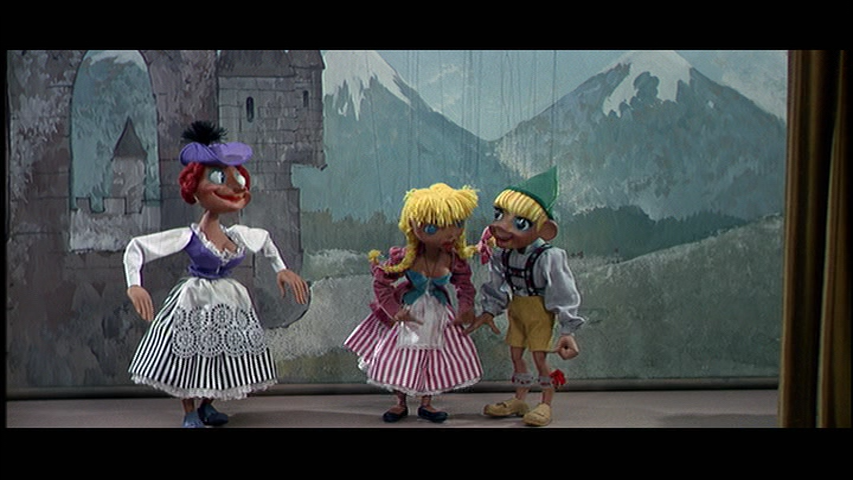
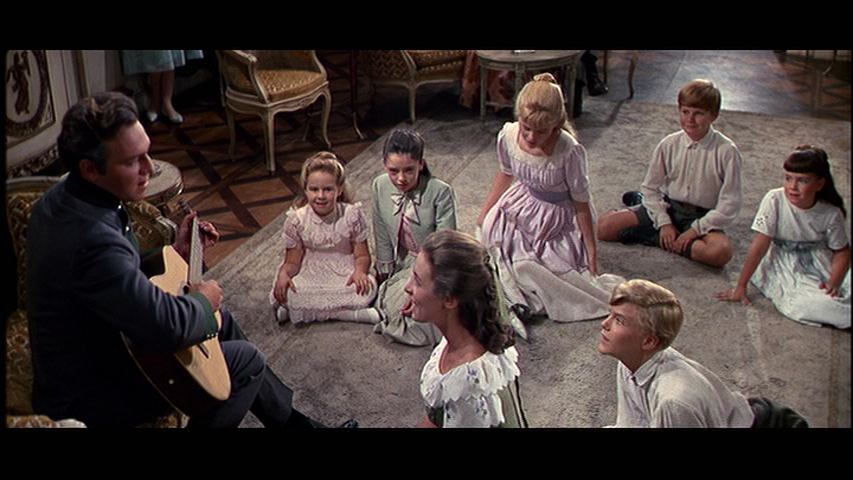
One thought on “Sound of Music, The (1965)”
A once-must, for its place in cinema history, and for Andrews’ performance.
First viewing in decades! ~so, clearly it’s not to my personal taste; I have difficulty with its syrupy nature. That said, there’s more to recommend it than the fact that it’s one of Oscar’s Best Pictures. Overall, the film does look great (the hills, as captured, are indeed alive – and breathtaking) and one could almost watch it for that reason alone. But, yes, this is basically Andrews’ movie – she throws so much conviction into her role (and, more importantly, her songs – esp. ‘I Have Confidence’) that her performance serves as a strong anchor in an often-not-very-engaging film. Of course, the script does help matters when it decides to boil (i.e., early on, when Maria stands up to the Captain; later, as the Nazis rise to power). But this is very slight stuff story-wise, even if it does qualify quite well as ‘family fare’. If nothing else, director Wise proves capable of serving up a polished example of mainstream craftsmanship.
Special mention among the players: Parker, Haydn (a refreshingly subtle gay character), Peggy Wood (Mother Abbess) and Daniel Truhitte (Rolf).
It’s true that Plummer did bad-mouth the film quite a lot – mainly in objection to material he thought too sugary. He’s certainly not alone there (I tend to agree with him) – but then, why take the role?, unless you need the money that badly. Sometimes actors talk against a certain work if it seems its immense popularity will pigeonhole them. But Plummer has always mainly been a stage actor, so it does make one wonder why he would broadcast his distaste as widely as he did.
Although all of the children are fine as a group, I find it troublesome that there is very little delineation in their characters – we see them as a basic group of kids without much in the way of individual character. Generally, they’re all a kind of blur to me.
Although I’m a lover of musicals, I’m not a big fan of the old tradition of reprises within a story. ‘TSOM’ has reprises of several songs – which seems designed to make sure the soundtrack album sells. However, I do particularly like ‘Something Good’ (that’s the kind of ‘sweetness’ that does move me) – and some of the vocal orchestrations are quite nice (the nuns’ ‘Alleluia’, the puppet extravaganza ‘The Lonely Goatherd’, the children’s version, midway, of the title song).
A fave moment comes at the very end, when a few ‘mischievous’ nuns suddenly seem to be part of the cast of ‘The Trouble With Angels’.